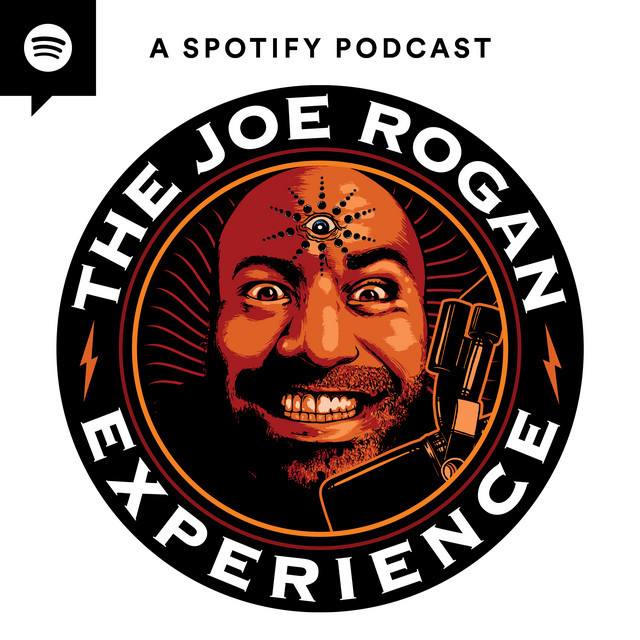9/18/2012
This podcast explores the fascinating journey of Rich Roll, a former corporate lawyer who transformed his life through a vegan diet and endurance athletics. The conversation delves into topics ranging from nutrition and health to the power of mindset and the pursuit of passion. We’ll also uncover some provocative and controversial perspectives on food choices, animal welfare, and the current state of our culture.
Here are some key topics covered in the podcast:
1. Rich Roll’s Transformation:
- From Couch Potato to Ultramarathon Runner: Rich Roll’s inspiring story begins with a midlife crisis, a health scare, and a desire to reclaim his health and well-being.
- The Juice Cleanse: A 5-day juice cleanse served as a catalyst, revealing the incredible power of plant-based nutrition and prompting Roll’s shift to a vegetarian diet.
- The Vegan Journey: Embracing a vegan lifestyle brought a surge of energy, a significant weight loss, and a renewed passion for physical activity. Roll emphasizes the importance of addressing cravings and the need to find a sustainable approach for long-term success.
- Discovering Endurance Athletics: A spontaneous 24-mile run ignited a passion for endurance, leading Roll to pursue the grueling Ultraman triathlon, a double Ironman distance race in Hawaii.
2. Nutrition and Health:
- Plant-Based Diet vs. Paleo: The podcast explores the contrasting viewpoints of the vegan and paleo dietary approaches, highlighting their respective strengths and weaknesses.
- The Role of Animal Protein: Roll challenges the notion that animal protein is essential for athletic performance and cites research that suggests animal products contribute to chronic diseases.
- The Gut Microbiome: The conversation delves into the emerging field of gut health and the role of probiotics in shaping our dietary preferences and overall well-being.
- The Importance of Whole Foods: Roll emphasizes the need for a balanced plant-based diet rich in whole foods, emphasizing the negative impacts of processed foods and excessive oil consumption.
3. Training and Performance:
- Building an Aerobic Base: Roll stresses the importance of prioritizing aerobic training over high-intensity workouts, emphasizing the long-term benefits of building endurance and efficiency.
- Heart Rate Monitoring: The conversation highlights the value of heart rate monitoring in optimizing training zones and maximizing performance.
- Fat Burning vs. Glycogen Burning: Roll explains the difference between fat burning and glycogen burning zones and emphasizes the benefits of training your body to utilize fat as a primary energy source.
- The Power of Consistency: Roll emphasizes the importance of maintaining consistent training practices, even if it means slowing down and focusing on building a strong foundation.
4. The Power of Mindset:
- Breaking Free from Predetermined Patterns: The podcast explores the challenges and rewards of breaking free from societal expectations and pursuing passions.
- The Importance of Finding Your Passion: Roll advocates for pursuing activities that ignite joy and purpose, regardless of societal pressures or perceived limitations.
- The Role of Fear: The conversation highlights the debilitating effects of fear and encourages listeners to confront their fears and step outside of their comfort zones.
- The Pursuit of Progress: Roll emphasizes the importance of seeking improvement in all areas of life, finding joy in the process of learning and growing.
5. Culture and Technology:
- The Fear-Based Culture: The podcast addresses the pervasive fear-mongering present in contemporary culture and its impact on our freedoms and decision-making.
- The Power of Distraction: Roll discusses the role of technology in distracting us from important issues and fostering a sense of malaise.
- The Impact of Social Media: The conversation delves into the challenges of social media, including the potential for negativity and the need to maintain boundaries.
- The Future of Our World: The podcast explores the potential consequences of our current course, highlighting the importance of fostering mindful consumption and a more sustainable approach to life.
6. The Ethics of Food:
- Factory Farming: The podcast addresses the disturbing realities of factory farming, prompting reflection on our relationship with animals and the environmental impact of our food choices.
- The “Fair Chase” Approach: Roll discusses the concept of “fair chase” hunting, a more ethical and respectful approach to hunting that aligns with hunter-gatherer traditions.
- The Importance of Connection: Roll emphasizes the importance of reconnecting with our food sources, understanding the process of where our food comes from and the impact of our choices.
- The Need for Change: The podcast encourages listeners to consider the ethical implications of their food choices and explore alternative approaches to consuming animal products.
Memorable Quotes:
- “Food is energy, man. It carries a vibration. And so when you put something in your mouth and, you know, you’re making a decision to take that vibration into you. And so So, you know, what is that vibration? You know, when you’re taking in a terrorized animal, does that affect you? Is that does that change your perception, your decision making, your outlook? Does it not?”
- “You know, I think you can appreciate this as a deep thinker. But, you know, food is energy, man. It it carries a vibration. And so when you put something in your mouth and, you know, you’re making a decision to take that vibration into you.”
- “The body is like incredibly resilient, you know, when you treat it right.”
- “We’re the only animals that cook our food. Right? We’re also the only animals with TVs. We’re the only animals that drive cars. Right. Right. We’re the only animals that talk.”
- “It’s sad, man. It’s sad. And I look at you, you’ve built this thing here, you’re doing what you love, you spend your day laughing. I didn’t build shit. Brian built it. Yeah. But I mean, you’re you’re like you’re you’re like, you know, in your juju. You know what I mean? Yeah. And most people most people aren’t.”
